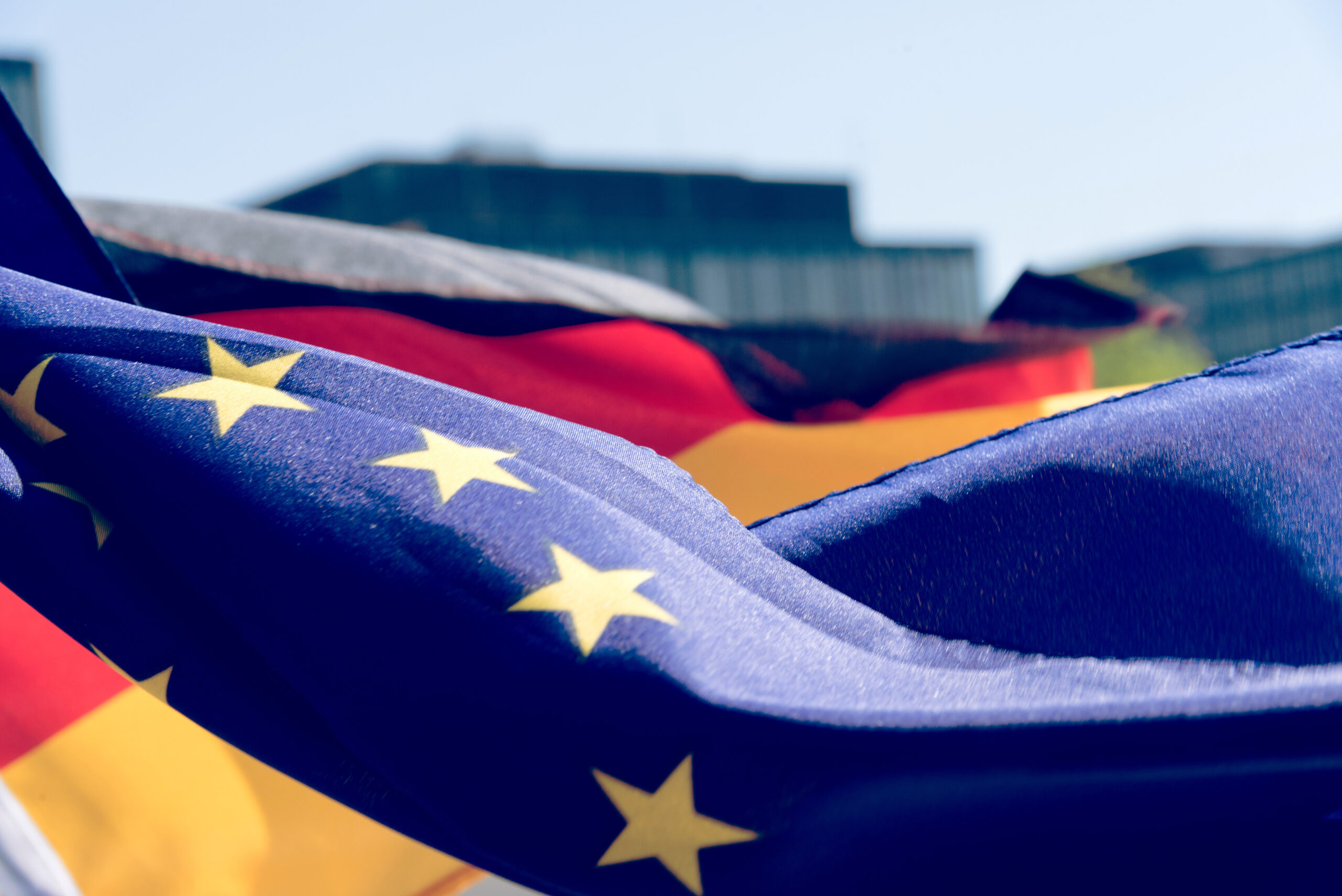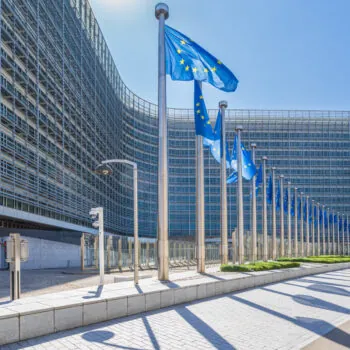After 16 years of Angela Merkel’s chancellorship, Germany is facing the end of an era. What the next era will look like, no one can say for sure at the moment. What is clear, however, is that climate policy will play a prominent role in this era.
Germany has not always lived up to its image as a frontrunner on climate policy in recent years, but over the last few weeks it has entered a sprint. Following a historic ruling by the German Supreme Court, the current government had to revise the Climate Change Act. National 2030 climate targets increased from 55 to 65 percent CO2 reduction, 2040 targets to 88 percent and to bring forward the target for achieving climate neutrality from 2050 to 2045. This makes Germany the industrialised country with the most ambitious climate targets worldwide.
The Climate Change Act is a framework law only. This leaves the huge task of delivering the new targets for the incoming government, making it a key topic in the election campaign. Some of the key issues on the new government’s agenda will include bringing forward the coal phase-out from 2038 to 2030 and a massively accelerated expansion of renewable energies. This is accompanied by establishing a future proof energy infrastructure, increasing carbon prices and shaping a green recovery to support the EU´s Green Deal, thereby giving the Energiewende a whole new momentum. This should also give a significant boost to international and European climate policy.
Will the elections turn into “climate elections”?
After the rise of the Green Party in recent polls, the other parties need to quickly up their game on climate action, despite COVID-19 still taking up a large part of the public debate. The Greens have chosen climate expert Annalena Baerbock as their candidate for chancellorship. In response, the SPD is mainly committed to a rapid expansion of renewable energies but is still struggling with bringing forward the coal phase-out to 2030. The Liberals are mainly focusing on market-based solutions such as emissions trading, while the Conservatives don’t have an idea how to deal with the topic yet. In any case, all signs point to “climate elections”.
While Germany is used to complicated coalition negotiations, multiple possible outcomes in this so-called super election year –with six regional elections next to the national ones –makes the outcome difficult to predict. What is clear, however, is that the rise of the Green Party has prompted a situation where any new government will be more pro-climate, and more pro-European than previous ones.
What will Merkel’s role look like?
In her final months as chancellor Merkel can leave a legacy as committed multilateralist, with climate action entering a critical global cooperation phase. The agenda this year is huge – the proposal of the Fit for 55 package by the EU Commission in July, the G7 and G20 summits over the summer and COP26 in November. Germany, taking over the G7 presidency next year, is well advised to do what it can to shape these debates –although the upcoming election campaign could shift its focus inwards.
Germany must use its diplomatic weight to press for issues such as climate financing, encouraging countries such as China, Japan and Brazil to raise their climate targets and making the European Green Deal a global model for a green transition.
Climate policy in 2021 and beyond will depend on a much more active Germany. It will also depend on Angela Merkel. She may be stepping down at the end of the year, but with an active role for Germany in international and European climate policy, she could polish up her battered reputation as Klimakanzlerin, bringing her era to a crowning conclusion.


